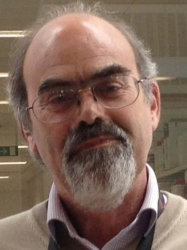BibTex format
@article{Vikhorev and Smoktunowicz:2017:10.1038/s41598-017-13675-8,
author = {Vikhorev and Smoktunowicz, N and Munster, A and Copeland, O and Kostin, S and Montgiraud, C and Messer, A and Toliat, M and LI, A and dosRemedios, C and Lal, S and Blair, C and Campbell, K and Guglin, M and Knoell, R and Marston, SB},
doi = {10.1038/s41598-017-13675-8},
journal = {Scientific Reports},
title = {Abnormal contractility in human heart myofibrils from patients with dilated cardiomyopathy due to mutations in TTN and contractile protein genes.},
url = {http://dx.doi.org/10.1038/s41598-017-13675-8},
volume = {7},
year = {2017}
}

